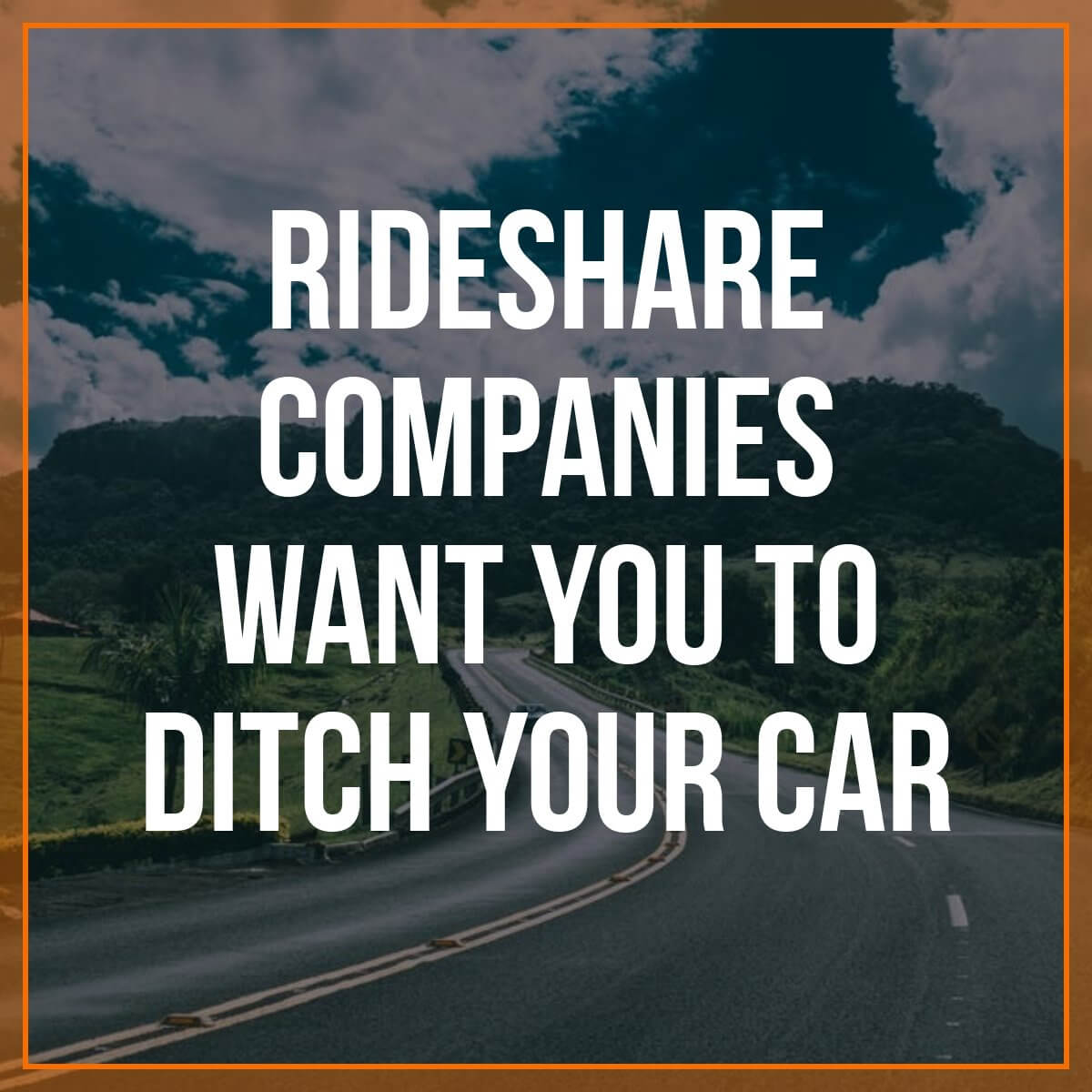A lot of interesting news in the week’s round up, including a discussion of New York City’s recent vote to cap Uber/Lyft vehicles. Senior RSG contributor John Ince covers that, plus Uber and Lyft’s impact on public transit – and how they’re trying to mitigate that effect.

New York City Votes to Cap Uber and Lyft Vehicles in a Crackdown [New York Times]
Sum and Substance: New York became the first major American city on Wednesday to halt new vehicle licenses for ride-hail services, dealing a major setback to Uber in its largest market in the United States. The legislation passed overwhelmingly by the City Council will cap the growth of the services for a year while the city studies the booming industry. The bills also allow New York to set a minimum pay rate for drivers.
But Uber has warned its riders that the cap could produce higher prices and longer wait times for passengers if the company cannot keep up with the growing demand. …
Many experts believe congestion pricing is the best way for New York City to fix congestion and secure the funds needed to fix the subway… Gov. Andrew M. Cuomo, who controls the subway, has said he will push for congestion pricing during the next state legislative session to help pay for an ambitious, multibillion dollar overhaul plan for the subway. The City Council approved the cap in a 39-to-6 vote.
My Take: After this action in the Big Apple (you can read more about the legislation and its potential impact on drivers here), expect to see other cities getting much more aggressive with the ridesharing companies. No longer does the Uber/Lyft political operation strike fear in the hearts of politicians. The tide is turning and the data suddenly isn’t supporting Uber/Lyft (see below).
Take note: Uber is couching this action as a rationale for a potential price increase, which of course will fall on the shoulders of the politicians who crossed the companies.
Uber and Lyft won’t solve traffic. Local governments must step in. [Washington Post]
Sum and Substance: THOUGH RIDE-HAILING services have previously been accused of exacerbating traffic and disrupting local transportation, pooled options such as UberPool and Lyft Line have generally avoided such criticism. But according to a new report by transportation consultant Bruce Schaller, pooled rides have their own disruptive effects on transit systems and need to be part of the conversation.
Analyzing data from nine cities including the District, his study found that pooled ride services make traffic worse. It estimated that 60 percent of ride-hail customers would have otherwise used transit, walked, biked or stayed home if not for Uber and Lyft…
Uber and Lyft have contested the findings, noting that other studies have drawn different conclusions and that their own data suggests that shifting riders to pool services cuts down on vehicle miles…
More research needs to be done on the effects of ride-hailing services — pooled or otherwise — on traffic and transit systems. Obviously they are providing a service that consumers find useful. But local governments cannot rely on ride-hailing companies to miraculously solve traffic congestion in urban areas. Instead, they should continue to look for ways to encourage residents to take public transportation.
My Take: Before municipalities started doing their own studies, Uber and Lyft got a free pass on their research without questions. Most of that research suggested Uber and Lyft were reducing congestion. But wait… a new stream of opposition research is flowing – suddenly putting Uber/Lyft claims under a microscope.
The new data isn’t supporting the ridesharing companies. As a result, a counter movement supporting public transit is springing up. If the goal is to reduce traffic congestion, then I don’t see how Uber/Lyft’s position can stand up.
Lyft beefs up car rental program for drivers [Techcrunch]
Sum and Substance: As of late, Lyft has been doubling down on its messaging that it wants to reduce the amount of car ownership in the U.S. The company’s most recent example of its anti-car ownership efforts is coming in the form of a partnership with car rental company Avis.
As part of a multi-year deal, Avis will add thousands of cars to Lyft’s Express Drive program, which offers drivers a way to rent cars on a weekly basis from Hertz, Flexdrive and now, Avis…
Similarly, Uber offers weekly and daily car rentals for drivers via Hertz, Getaround and Fair. Uber has since expanded its partnership with Getaround to enable anyone to rent a car for personal use via the Uber app. Dubbed Uber Rent, the platform taps into Getaround’s existing marketplace of cars that are available for instant rentals.
In May, Lyft committed $100 million to better support its drivers by specifically putting the money toward cheaper oil changes, basic car maintenance, serviced car washes and more. Lyft also will almost double its operating hours at its driver hubs in 15 cities throughout the nation…
Lyft also says it expects to more than double its driver base in the next five years. Currently, Lyft has 1.4 million drivers, according to its latest economic impact report.
My Take: For Lyft, and their socially aware Millennial base, the enemy isn’t Uber, it’s cars and specifically car ownership. On one hand, to me it seems like even though the car is rented and not owned, it’s still putting more cars on the street. On the other hand, maybe some Millennials don’t want the expense of purchasing and maintaining a car. How many Millennials have garages or free places to park their cars? This rental option now allows them to use cars when they want – at likely a much lower cost of actually owning a car.
Read more about all the vehicle options on our Vehicle Marketplace here.
Promise to ditch your car all of August for free Lyft, bike-share credit [Mashable]
Sum and Substance: For car owners, spending 31 days without using your car is quite a challenge. But Lyft wants to prove otherwise with its latest promo, #DitchWithLyft.
Lyft thinks you can live without driving your own vehicle if you car share, take public transit, ride bike-shares, and of course, use Lyft. So it’s offering the first 100 people who sign up and promise to stash away their car for the month of August $550 in transit credits.
That breaks down to:
$300 in Lyft shared ride credit
$45 in Divvy Bike credit
$100 in Zipcar credit
$105 in ‘L’ and bus monthly pass
Lyft’s own roots were as a carpool platform, Zimride, which partners with Zipcar, and it recently acquired bike-share platform Motivate, which runs the Divvy bike program in Chicago. So these aren’t unexpected partnerships for this promotional event. …
But including public transit credit is a big deal. As a recent report from a transportation consultant showed, ride-sharing apps like Lyft and Uber are taking riders away from public transit. Lyft is technically in direct competition with the bus (and walking and biking) — instead of using a bus pass, passengers are ordering a car. The report found ride-sharing apps have added 5.7 billion miles of driving in several major U.S. cities, including Chicago.
The car-less month challenge is based on the honor system, but if you can do it Lyft thinks you’ll see how expensive and unnecessary your vehicle is compared to alternate transit methods. …
My Take: The amount of money in this promotion isn’t very significant, which suggests to me it’s more PR than anything else. $50,000 for a campaign that builds goodwill and gets Lyft on the right side of the news is a bargain in today’s media environment. Somehow putting it all on the honor system fits right in with Lyft’s public image as the guys (and gals) wearing the white hats.
Readers, what do you think of this week’s round up?
-John @ RSG




